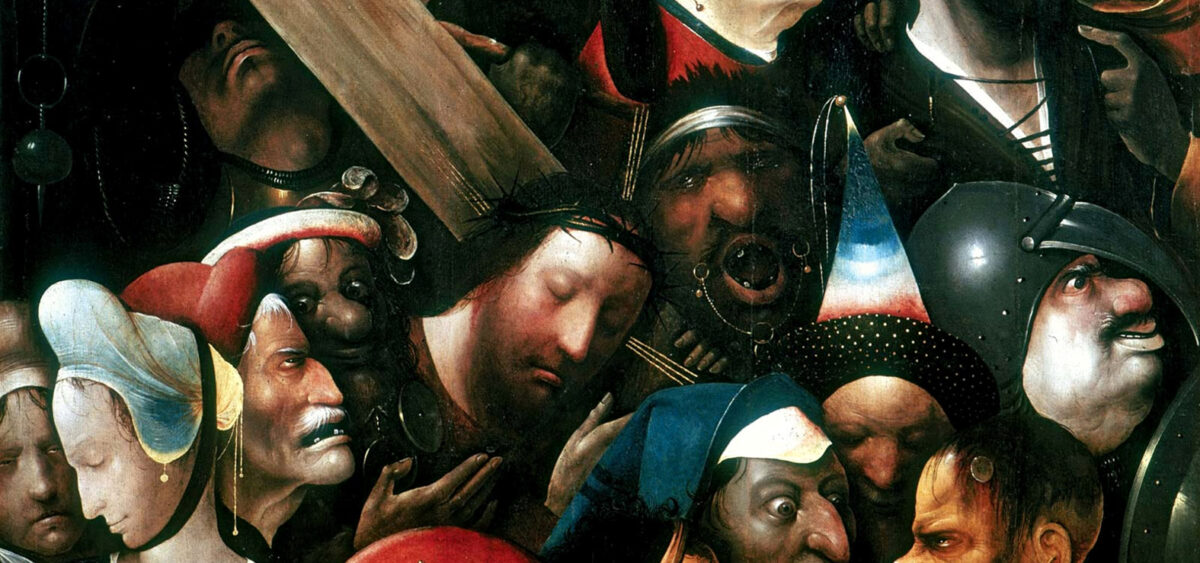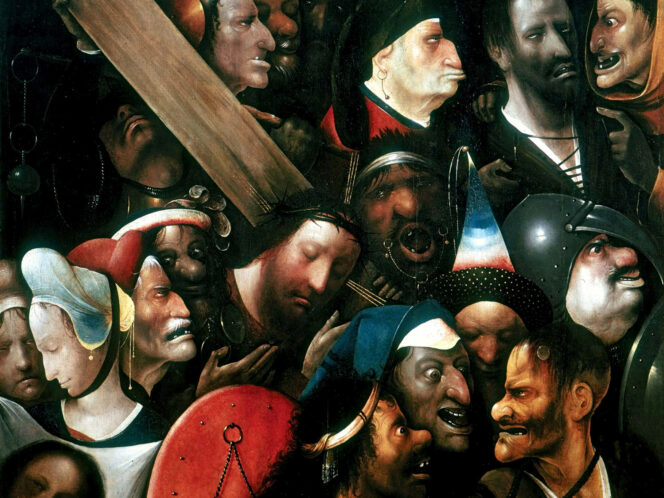
Could surprise be the cure for the world’s decay?
Michael Burnett, the well-intentioned American missionary and doctor, tries literally all possible means of persuasion. He asks, presses, appeals, orders. And nothing.
Rambo is uncompromising. Although he has a suitable boat and he knows the river at least as well as the trajectory of his right hook, he responds plainly and clearly:
“No way, I’m not taking you to Burma, it’s too dangerous.”
When it finally becomes apparent that no argument will work, the resigned Burnett walks away towards the group of volunteers, who are silently awaiting the results of the turbulent conversation. In conclusion, he remarks bitterly that it’s because of this kind of attitude that the world is not changing and is still so messed up.
“Fuck the world,” Rambo replies.
Heraclitus of Ephesus, a Greek philosopher living at the turn of the 6th and 5th centuries BC, equalled Rambo in eccentricity and misanthropy, according to Diogenes Laërtius, the first historian of philosophy. But at the same time, he had the polar opposite relation to reality. As Aristotle writes, one day Heraclitus was visited by some prominent guests from abroad, who found him sitting by the fire. They stood for a moment, expecting that he would invite them to a more prestigious part of the household. But he calmly offered them the seats beside him and announced, pointing to the fire: “the gods are here [in the fire] too”.
The word used by Aristotle,








